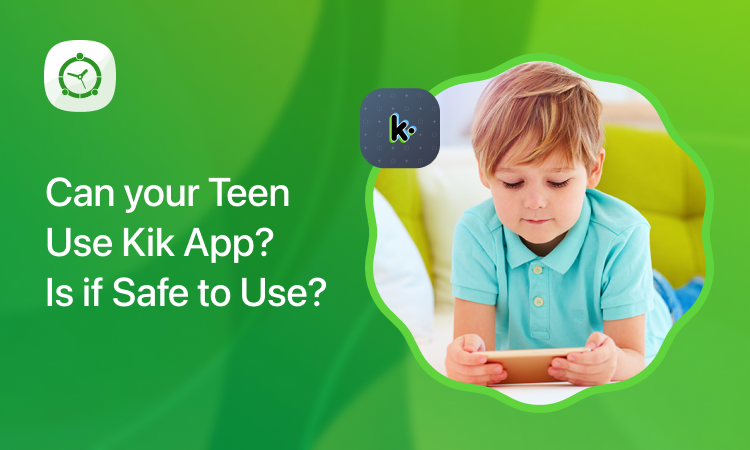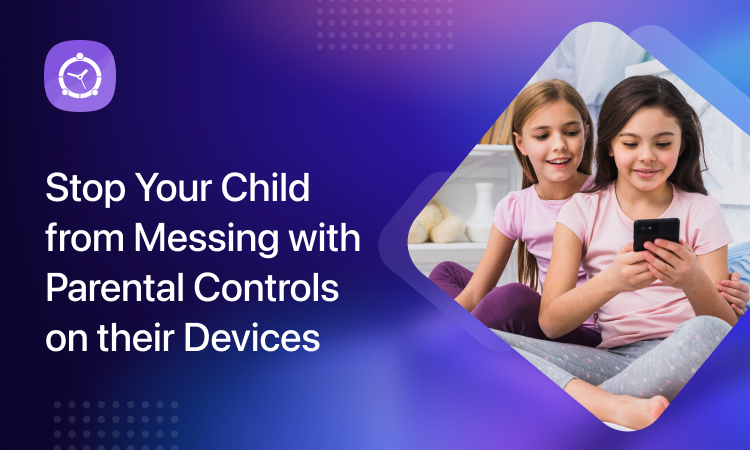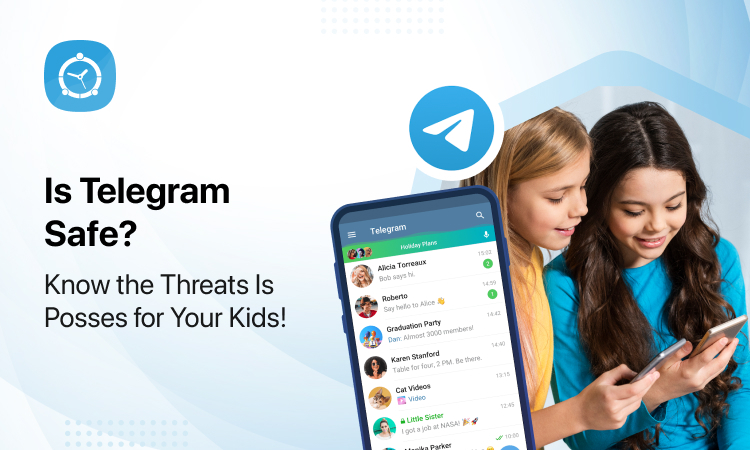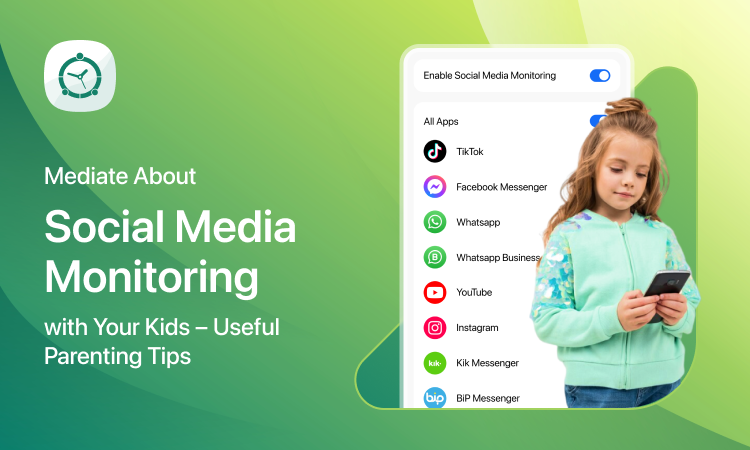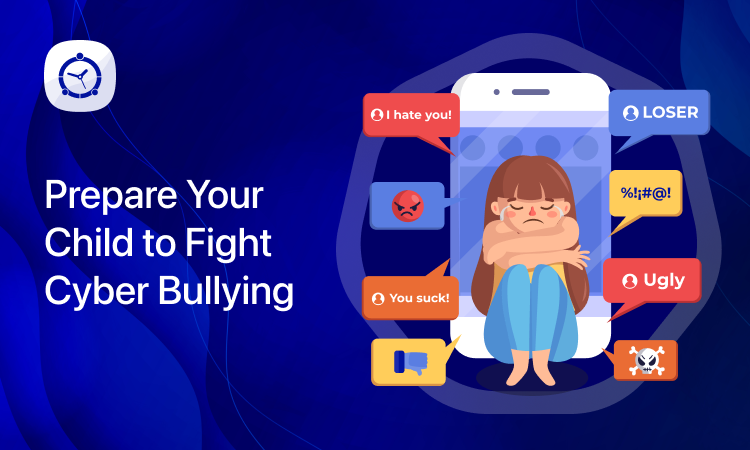Who are the active users of social websites? The answer to the question is teenagers. Today, there are available hundreds of social media websites such as Facebook and Instagram that on one hand play a vital role in connecting people virtually and on the other, these are home to cyber bullies, online predators and impostors.
Parents are always concerned about the safety of their children. Whereas, the teens are more interested in posting their explicit photos online, to conform with the rising trend and to receive more ‘likes’ among preteens and teens.
Nothing online is safe. Even if your teens tell you that their account is private, keep in mind that nothing online is ever private. It is no big deal for a hacker to log in to your teen’s account and misuse their pictures and other information.
58% teenagers feel that it is safe to post intimate pictures online. They don’t care about their online reputation, but such pictures make teens a target of online predators and cyberbullies. This can land them straight into trouble. Megan Meier, an average teen girl fell prey to cyber-bully with a fake account by the name of josh Evens and when she couldn’t take it anymore she committed suicide. This could be your teen too!
What can parents do?
Teens may not understand the grave dangers which lie in sharing such pictures, but you do. As parents, it is your job to teach teens the importance of privacy. So, here’s what you can do to make sure, your teen is safe on the web:
Teach them to value their privacy
The foremost step parents need to take is teaching their children that there exists nothing called internet privacy. They should know that there is no way possible to keep their pictures private online. Once a picture goes online it stays there, no matter if you have deleted it; once on the web always on the web! Therefore, it is very important for teens to learn about photo protection. Tell them to not to post or share personal pictures online, even if they are sending it to only one person who they trust the most. It can be misused. Teens need to understand the responsibilities and consequences which come along with social media and how to be conscious and protective of their private data.
Over-sharing is a red flag!
They upload a picture on Instagram before they eat, they check-in at every place before they even have a look around, they upload pictures of everything on Facebook. Teens feel that they need to be out there, they need to broadcast their every activity in order to look cool and fit in. “Everyone does it”, that’s all they say. But the more pictures they share, the more they invite online predators. You can tell them to reduce the use of these apps, but they simply don’t listen. So instead of going on and on about limiting the use of social media, you can take the digital road and use parental control apps to monitor their online activities and limit their screen time. This way you get to control the apps they use and the time they spend on these apps, in a non-hostile environment.
Beware of GPS tagging
Teens mostly upload pictures they take from their smartphones, at home or someplace else. But they don’t realize that if their GPS tags are enabled, any predator or cyber bully can track their location. Pictures uploaded with GPS tags can give away your teen’s personal information: the time and location of that picture. Which means if your teen uploads a picture with their GPS tags enabled from home, a predator can find out the exact location and can harass or threaten them. Tell them to be very vigilant and disable GPS tags on their phones while uploading.
Keep them safe online!
Internet safety is as important as real-time safety. Educate your children about the pros and cons of using social media and how they can keep themselves safe. Give them the warmth of your love and assure them that you want what’s best for them. Be their friend and a protective parent at the same time!





